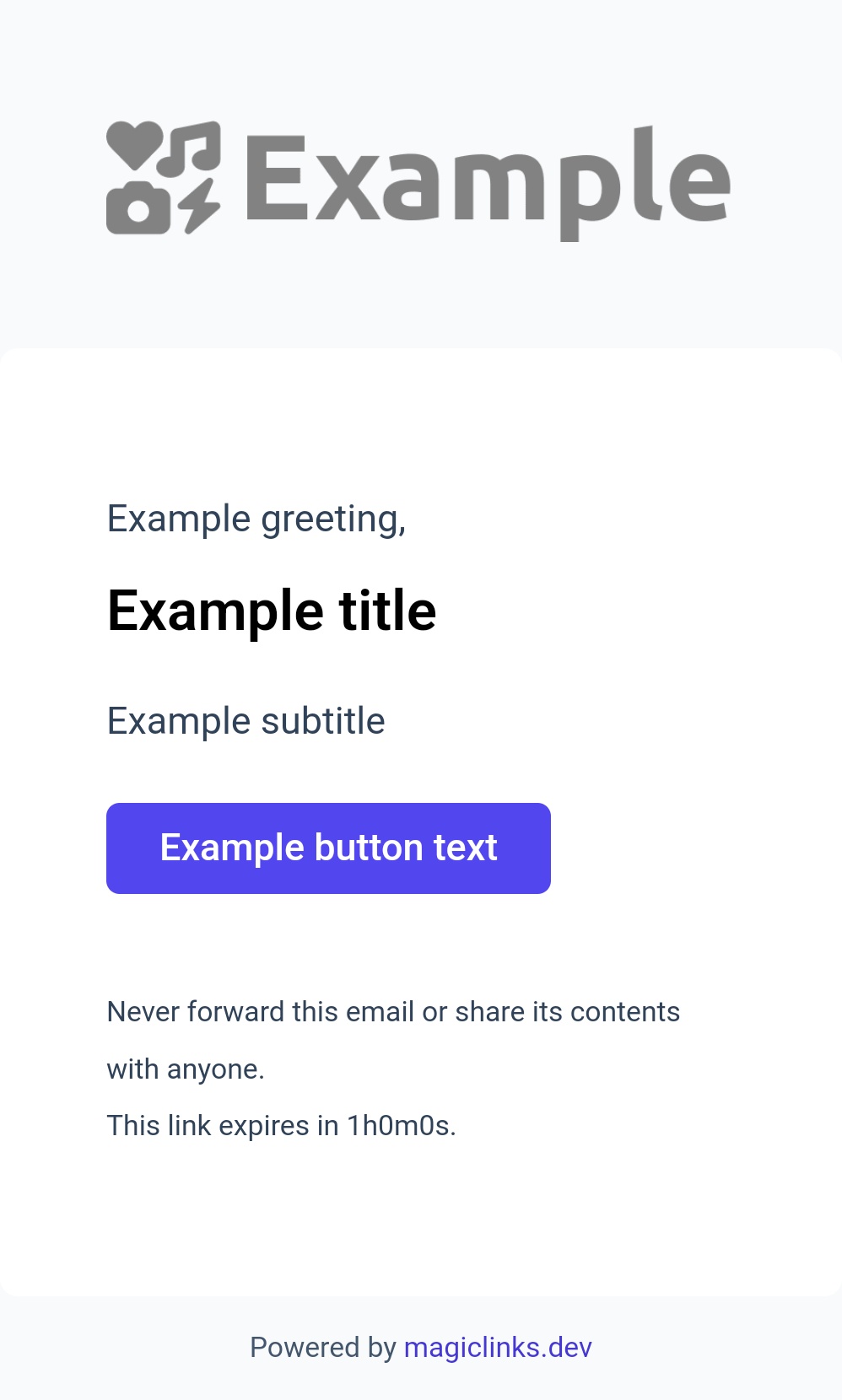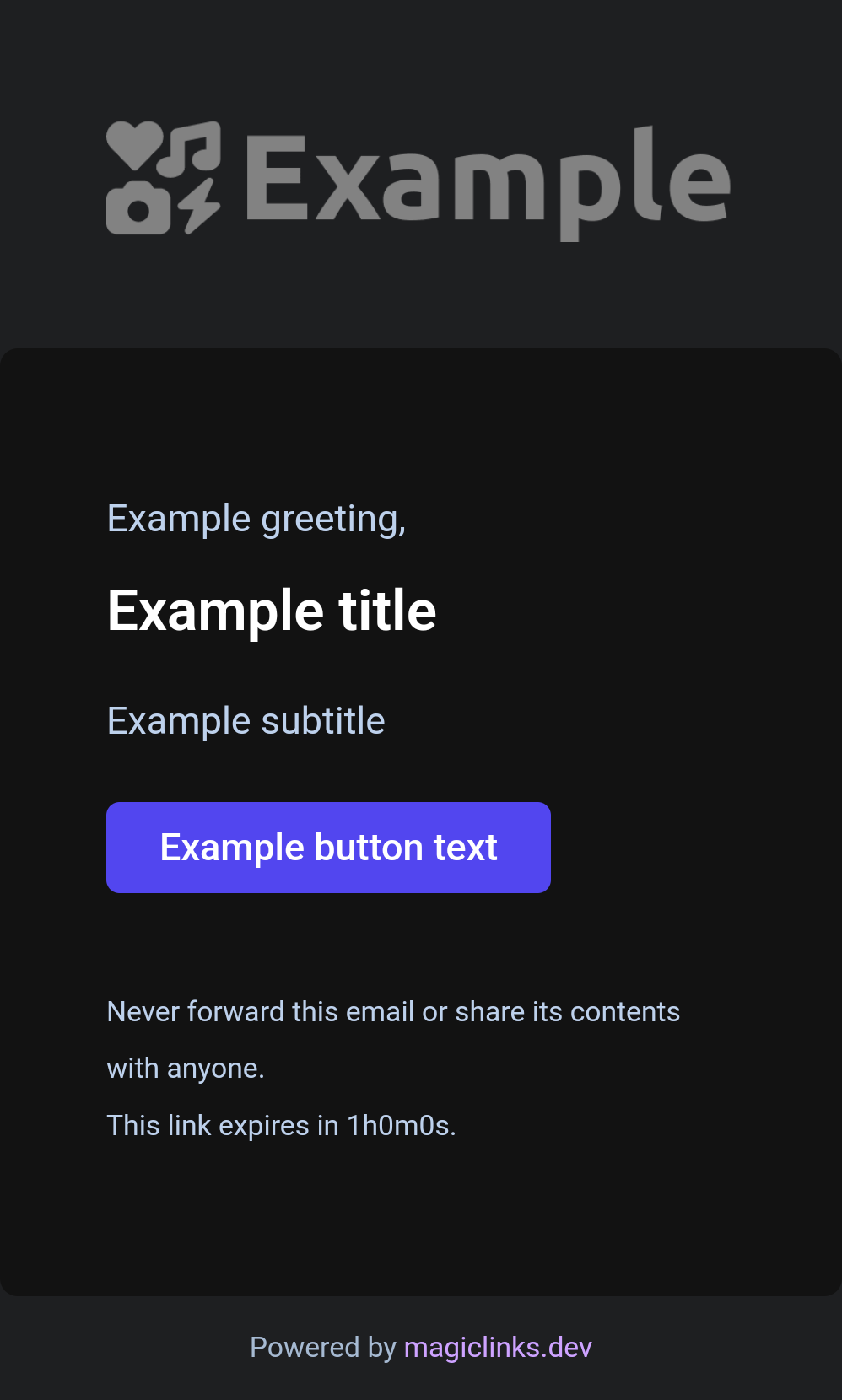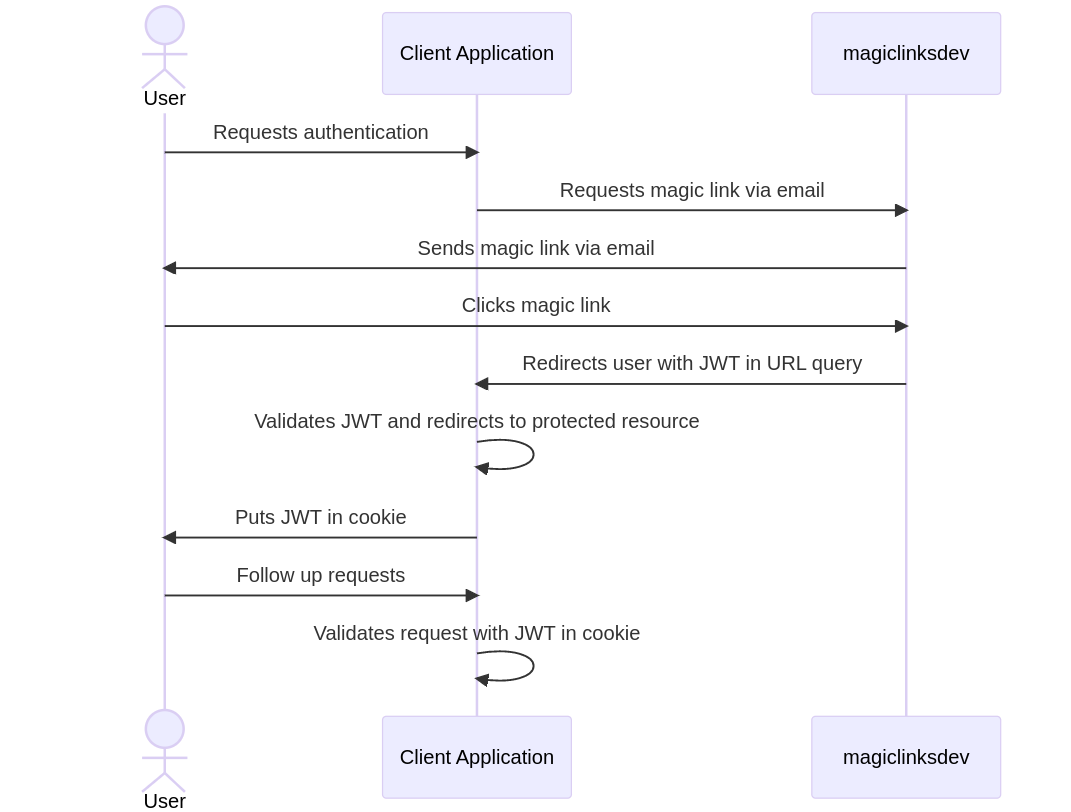 Documentation
¶
Documentation
¶
Index ¶
Constants ¶
View Source
const ( // ContentTypeJSON is the content type for JSON. ContentTypeJSON = "application/json" // DefaultRelativePathRedirect is the default relative path for redirecting. DefaultRelativePathRedirect = "redirect" // HeaderContentType is the content type header. HeaderContentType = "Content-Type" // LogFmt is the log format. LogFmt = "%s\nError: %s" // LogErr is the log error. LogErr = "error" // LogRequestBody is key for logging the request body. LogRequestBody = "requestBody" // LogResponseBody is key for logging the response body. LogResponseBody = "responseBody" // ResponseInternalServerError is the response for internal server errors. ResponseInternalServerError = "Internal server error." // ResponseTooManyRequests is the response for too many requests. ResponseTooManyRequests = "Too many requests." ResponseUnauthorized = "Unauthorized." )
Variables ¶
This section is empty.
Functions ¶
This section is empty.
Types ¶
This section is empty.
Click to show internal directories.
Click to hide internal directories.


